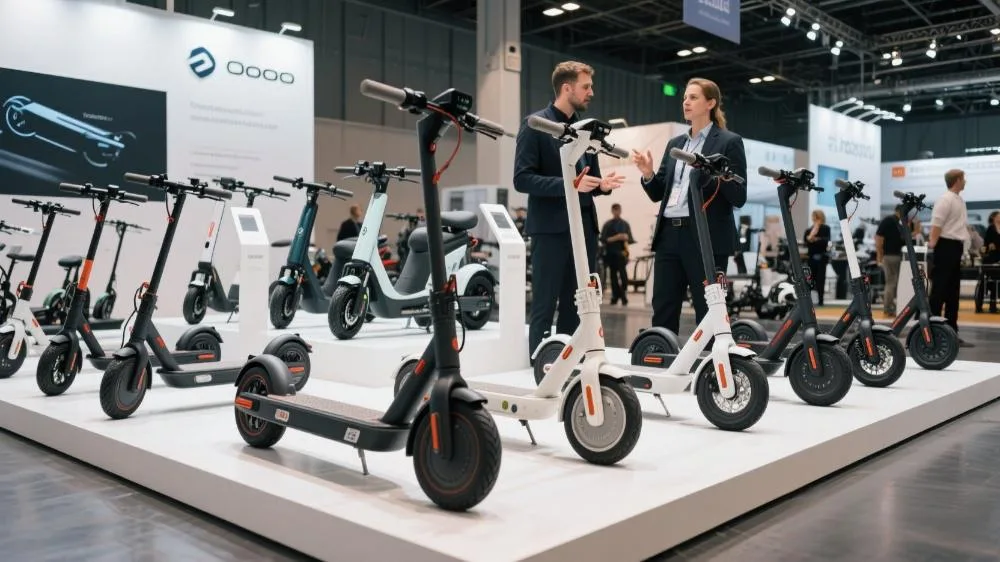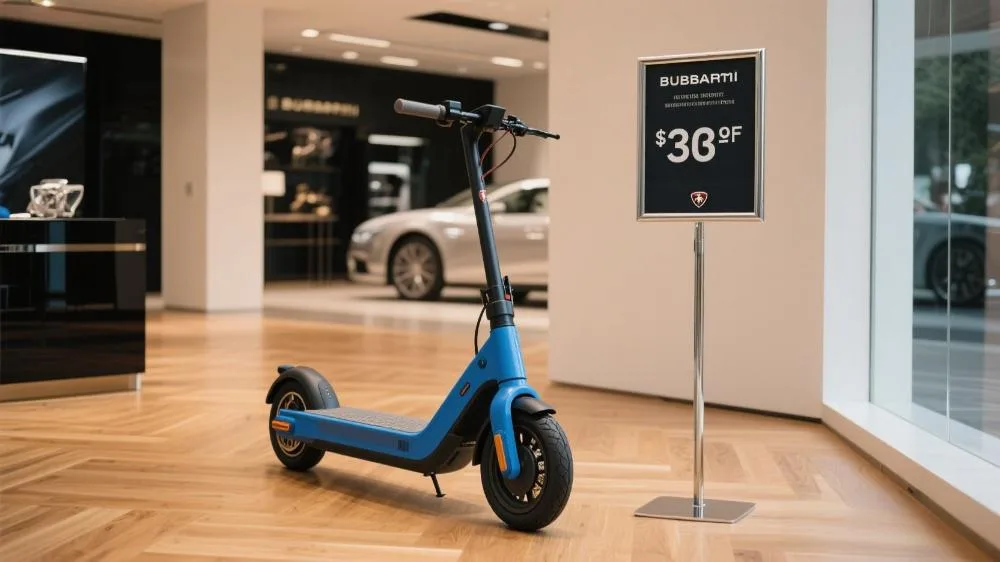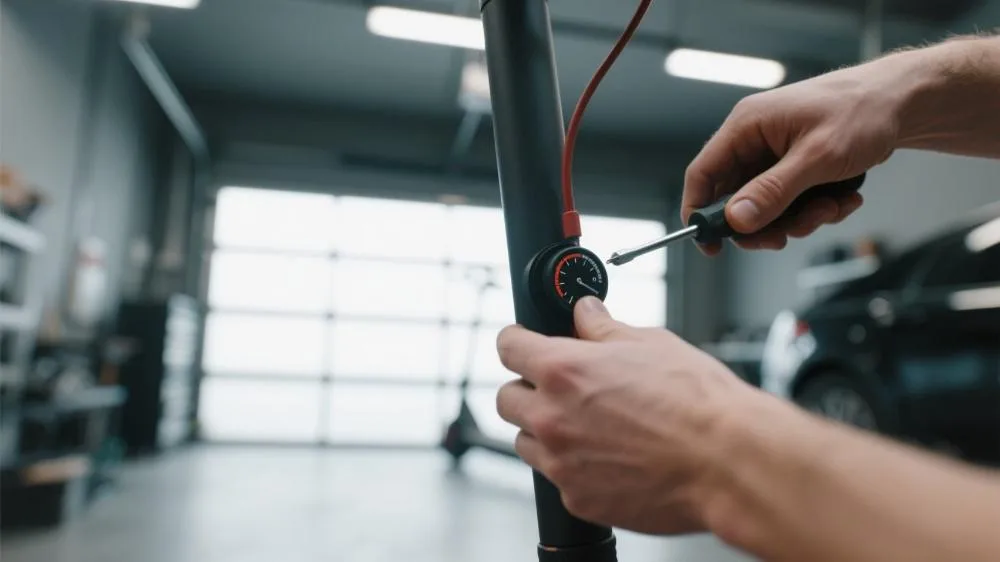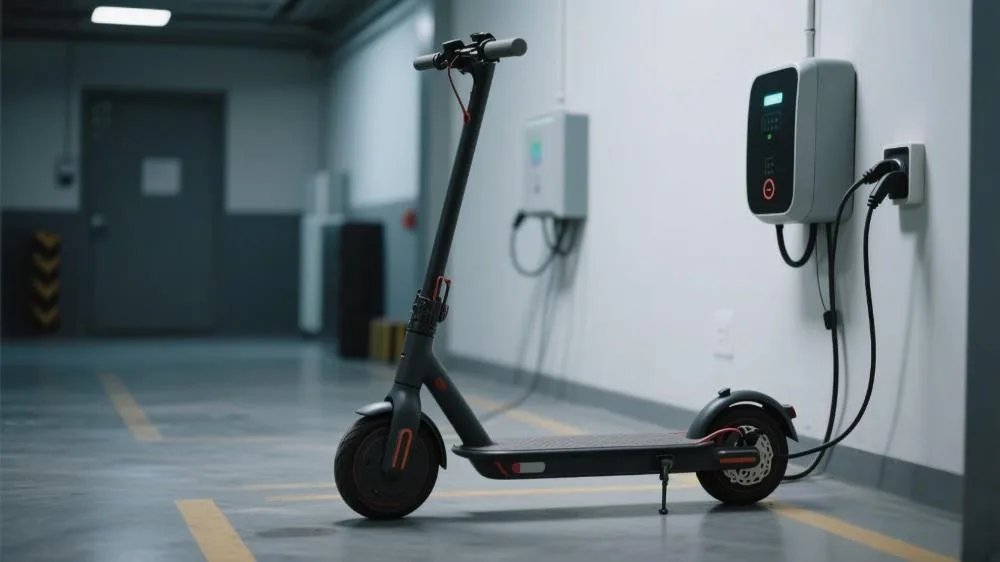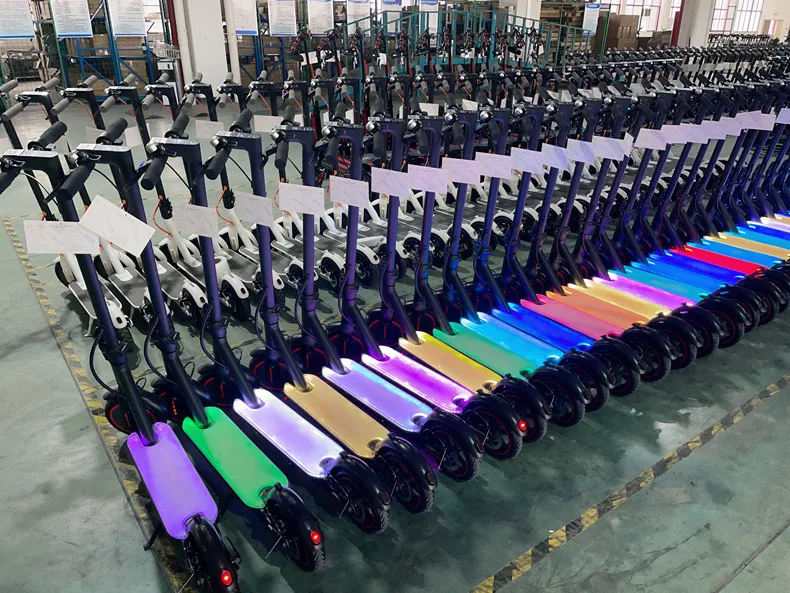what’s the fastest e-scooter
On a closed test track outside Berlin, professional rider Mark accelerates to 92 km/h—a speed matching highway traffic—atop a specially tuned electric scooter. According to the Personal Electric Vehicle Association’s (PEVA) 2025 report, global e-scooter speed records have been broken seven times in three years, with current street-legal production models reaching 85 km/h. Testing data from professional content platform novascooter reveals that 38% of ultra-fast e-scooter users are urban commuters traveling over 15 km daily, 29% are extreme sports enthusiasts, and 33% are tech aficionados. So what’s the fastest e-scooter? This guide analyzes five cutting-edge speed champions available in Western markets, examining their performance, ideal use cases, and legal considerations to help you make informed decisions about high-speed riding. 1. 2025 Speed Champions: Three Production Models Compared 1.1 Performance Specifications & Test Data Dualtron X III (South Korea) Kaabo Wolf King GTR (China) Rion2 RE90 (USA) 1.2 Real-World Usability Analysis Commuting Suitability (1-10 scale) Extreme Weather Performance 2. Technology Behind Extreme Speed & Safety 2.1 Powertrain Innovations 2025 Motor Advancements Battery Management Breakthroughs 2.2 Safety Systems & Legal Considerations Mandatory Safety Features Legal Compliance Checklist 3. Buyer’s Decision Guide 3.1 Recommendations by User Type Long-Distance Commuters (>15 km) Extreme Sports Riders Tech Collectors 3.2 Maintenance & Upgrades Critical Service Intervals Performance Enhancement Path 4. Industry Trends & Alternatives 4.1 2025-2026 Technology Forecast Advanced Materials Smart Integration 4.2 Balanced Speed Solutions Mid-Range Options (45-60 km/h) Innovative Mobility Models PEVA’s 2025 safety data reveals 83% of high-speed accidents involve illegal modifications or speeding. Implement “Three-Speed Management”: 20 km/h in residential areas, 35 km/h on city streets, full speed only in controlled environments. As Dr. Weber from Munich Technical University notes: “The future of personal transport isn’t about speed records, but reimagining urban mobility.” Dedicated high-speed lanes may soon become standard infrastructure.


